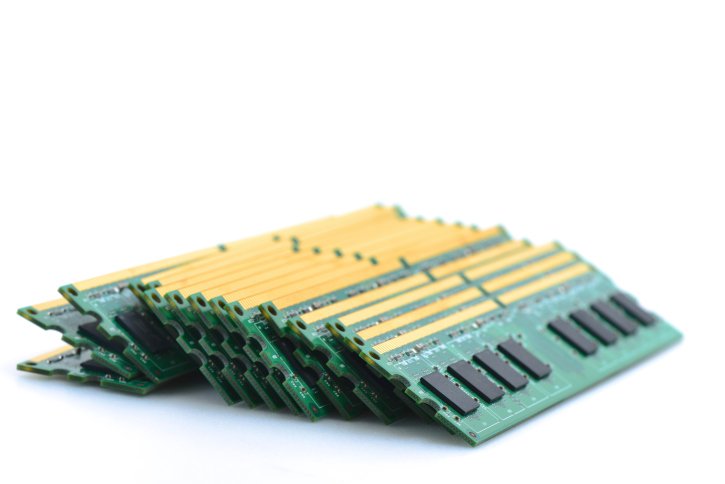PernixData, the startup which virtualizes server-side flash memory, has released a new version of its specialised hypervizor, FVP.
Like its predecessor, FVP 2.0 can virtualize solid-state memory to create a new clustered acceleration tier that enables management of storage performance independently from storage capacity. The latest version expands the virtualization capability from SSDs to RAM, providing even faster acceleration while maintaining complete fault tolerance.
Other additions include support for file level storage, for example NFS and SMB protocols, user-defined fault domains and adaptive network compression.
In fact, the latest version has introduced so many new features it “should have been two or three different releases,” Jeff Aaron, vice president of marketing at PernixData told DatacenterDynamics.
Need for speed
Founded by VMware veterans Poojan Kumar and Satyam Vaghani, PernixData came out of stealth mode at VMworld 2013, where it received the award for the Best New Product, and was the finalist in the Best New Technology category.
FVP was billed as the first ever product to virtualize all server-side flash in order to eliminate storage performance bottlenecks. The best thing – it could achieve this without requiring any changes to the underlying infrastructure.
FVP integrates itself directly into the hypervisor as part of the kernel, rather than running on top of it, and accelerates not only reads, but writes too. The software can lower latency, decrease storage utilization and increase IOPS, among other things.
The second version, FVP 2.0, introduces something PernixData calls Distributed Fault Tolerant Memory (DFTM) – it unites server RAM into virtual clusters that can be used for all of the same things that were previously done with flash. The start-up says it is the first to use such technology.
It also adds adaptive network compression which simultaneously minimizes traffic and optimizes available network and storage resources.
FVP 2.0 will ship in several new editions: Enterprise, Subscription, VDI and Essentials Plus. With the Standard edition, customers will have to choose either flash or RAM acceleration. Enterprise edition was designed for the most demanding applications – it offers both flash and RAM functionality, as well as topology-aware Write Back acceleration via Fault Domains that helps businesses align FVP with their data center best practices. Both of these will support an unlimited number of hosts and VMs.
The purpose of Subscription package is self-evident, while VDI Edition was put together for virtual desktop environments, and priced on a per-desktop basis. Finally, FVP Essentials Plus replaces the SMB Edition - it supports three hosts and accelerates up to 100 VMs.
“With the latest editions of FVP software, PernixData brings enterprise-class storage acceleration features to every end user environment,” said Bala Narasimhan, director of product management at PernixData.
“By making it extremely easy and affordable to put storage intelligence into high speed server resources, PernixData is leading the decoupled movement and changing the storage landscape forever.”
This could be dismissed as marketing speak, but in little more than a year, PernixData has managed to attract more than 200 major customers from Cloudhelix and Virtustream to SEGA Networks.
In August, the start-up raised US$35 million in its third funding round, with individual investors including Salesforce’s Marc Benioff and Seagate CEO Steve Luczo.
Aaron told DatacenterDynamics that the company plans one major and one minor FVP release per year.

